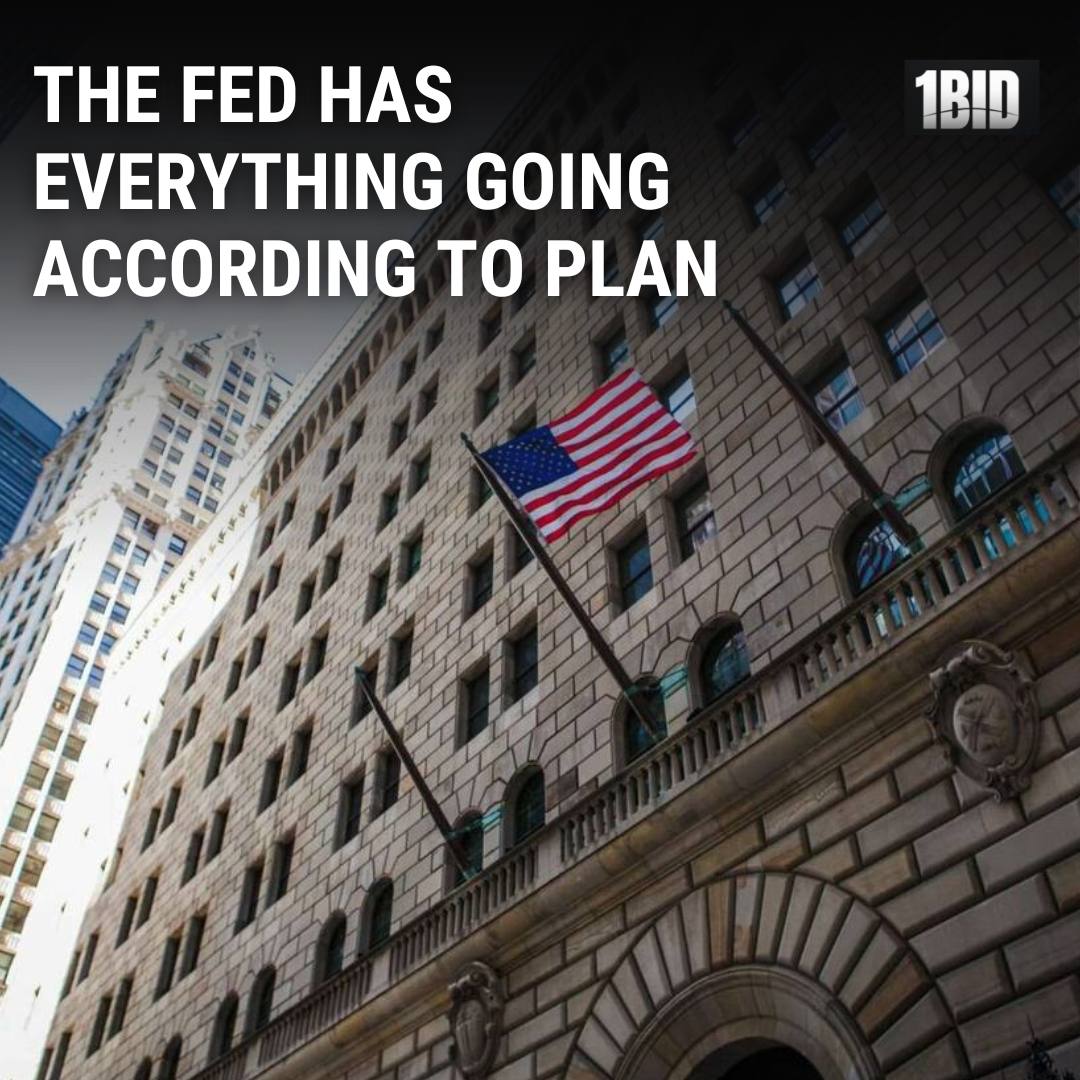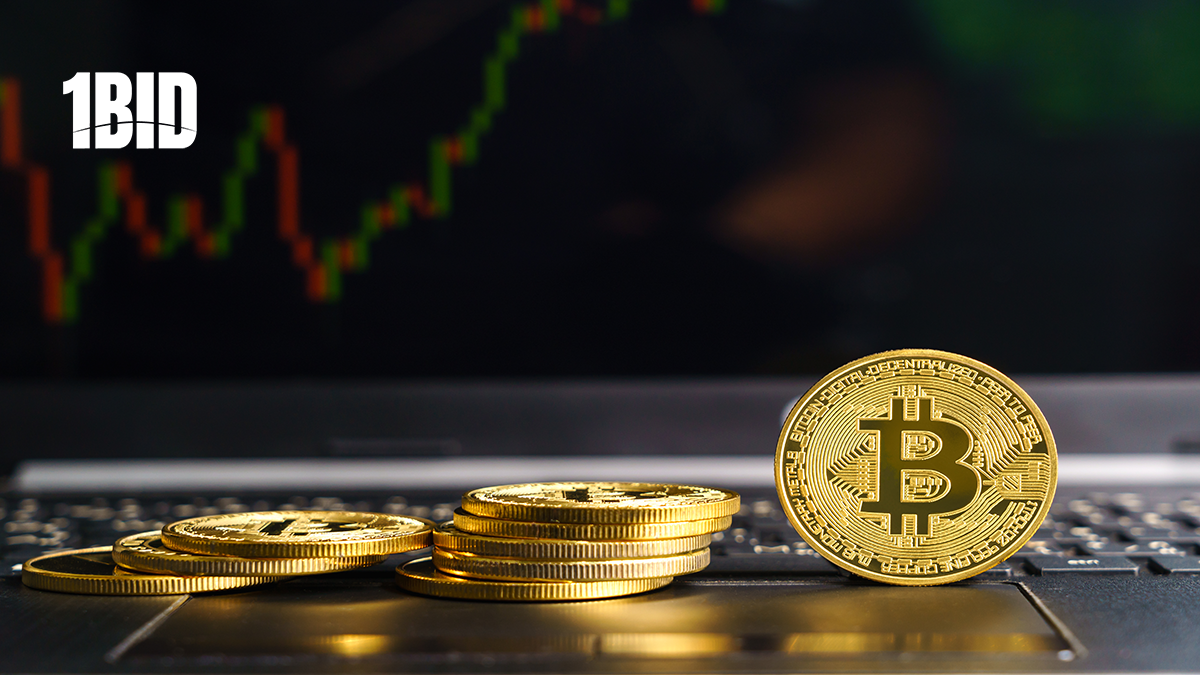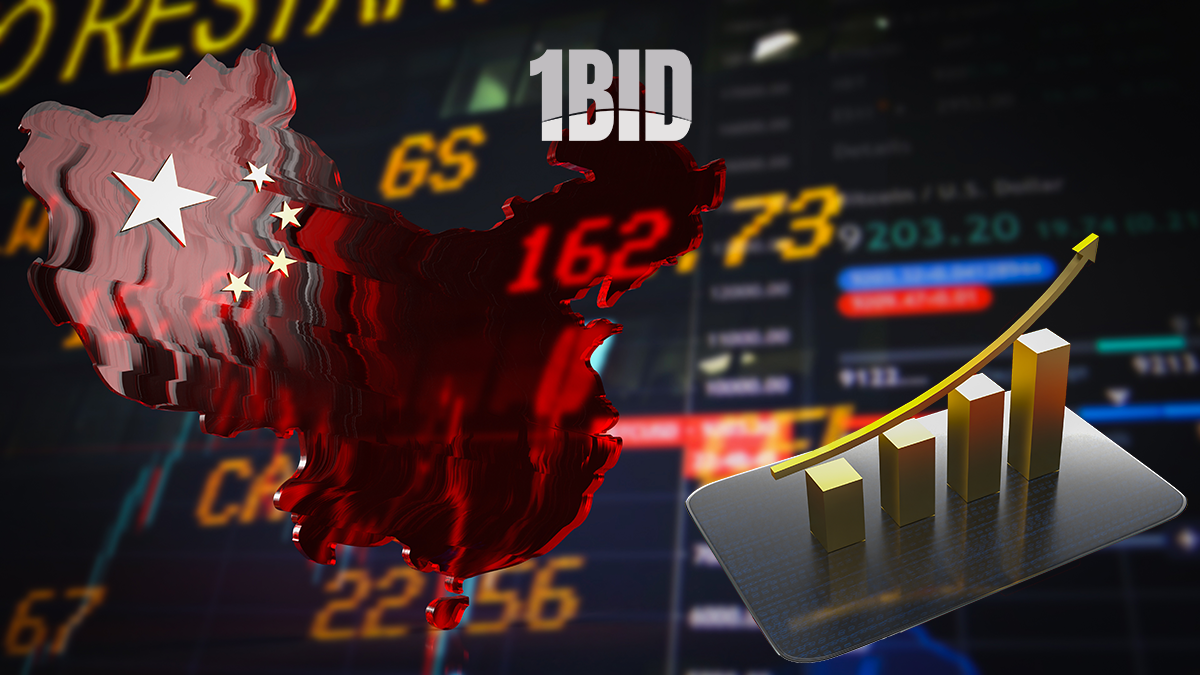The ability of American households to cover a $2,000 unexpected expense is at its lowest level in a decade, according to the Federal Reserve Bank of New York.
According to the latest survey of consumer expectations and access to credit, conducted every four months by the Federal Reserve Bank of New York, only 65.8% of households surveyed said they would be able to get $2,000 if an unexpected need arose in the next month. This is the lowest figure since the series began in 2013. In 2022, the average was 67.5%.
In fact, this is the idea of the regulator of the American financial system. Moreover, everything they have done up to this point in the fight against inflation is very effective. Now, when almost all Americans are accustomed to living and spending money with credit cards, and access to such money was the easiest in the world, the population accelerated consumer demand and, accordingly, inflation. Jerome Powell’s plan to reduce inflation and a clear understanding of the rules for regulating monetary policy continue to bring positive results in all sectors of the economy. It is highly likely that inflation data in America, which will be released next week after reports on the labor market, will show a decrease, and the Fed will no longer have to raise interest rates. In this case, the dollar will continue to weaken against leading world currencies until the Fed reaches an inflation rate of 2%.








